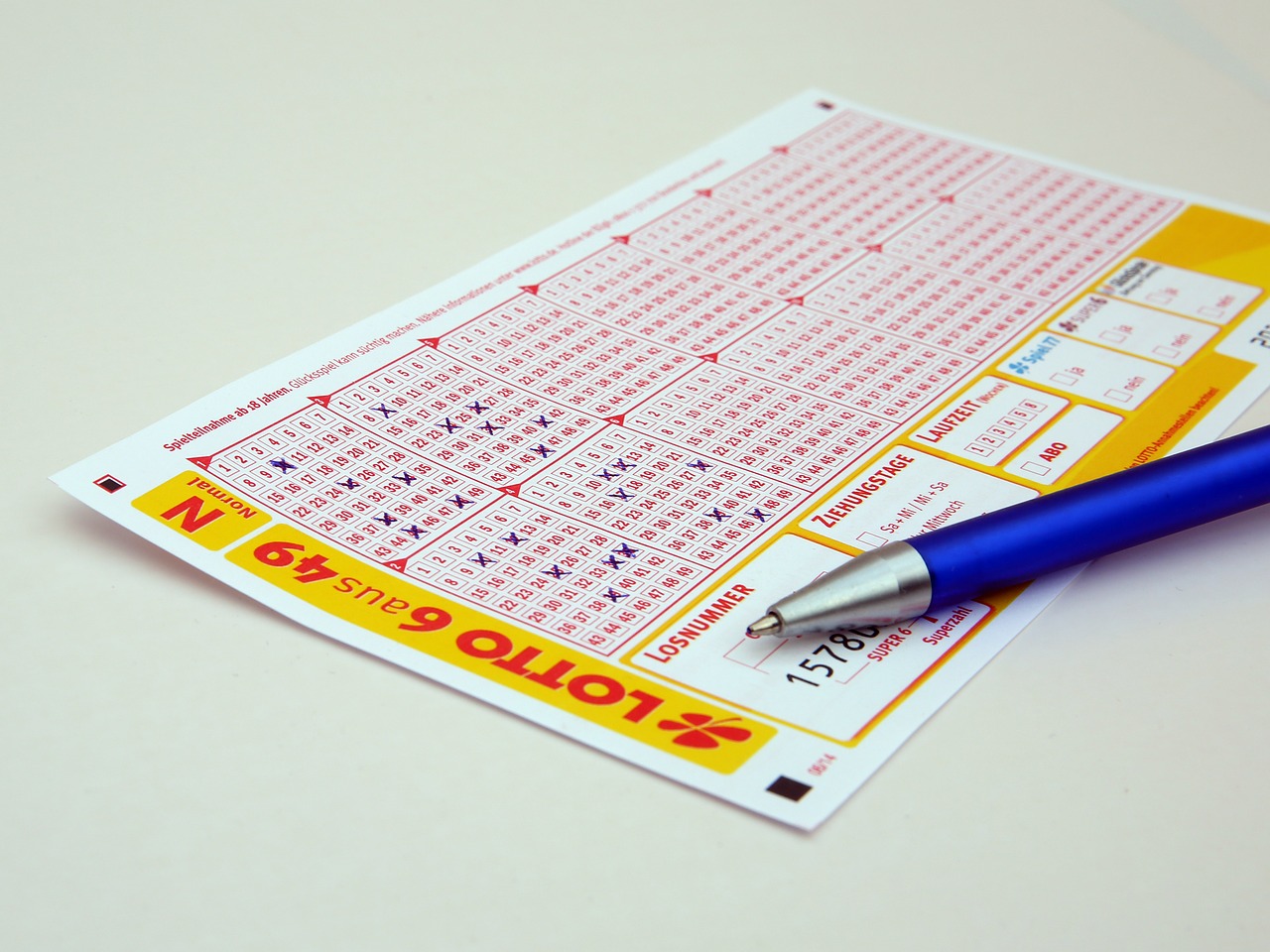Scratch and Scam: Lottery Losses
By DM Studler
At today’s convenience stores and gas stops, customers can fuel their cars, pick up a quick snack or cup of coffee, and take a chance at winning millions. Convenience stores and gas stops make a steady income from the sale of lottery tickets and online lottery sales. The lottery sales are also a draw to bring customers to the stores so customers will make other purchases while in the store. Just as customers are drawn to the thrill of the scratch off lottery ticket, so, too often, are the stores’ employees. Newspaper headlines tell the tale: Employee Steals Lottery Tickets – Pockets Thousands in Cash – Owner in Shock.
The Retailer
The retailer makes 4-6% from ticket sales and is paid the fee on winning ticket pay outs. Store owners who sell lottery tickets are required to allow state lottery commissions to automatically withdraw monies from their bank accounts when lottery tickets are activated and other criteria are met. Many retailers set up separate bank accounts into which lottery sales are deposited and from which the lottery commission withdraws its monies. Retailers believe the bank account balances will increase over time as they sell lottery tickets. Retailers receive a call or notice from the lottery commission because the bank account is overdrawn. It is the first time the retailer becomes aware employees are stealing lottery tickets.
If retailers do not verify beginning number of tickets and ending number of tickets and confirm the number of tickets is equivalent to lottery sales deposited on a daily basis, tickets can go missing. Subsequently, the retailers have no inventory records of the number of lottery tickets.
The Claim
When submitting a claim to insurance companies, the retailer tries to make a claim based on how much the lottery bank account is overdrawn, in addition to the fees the retailer believes he or she should have earned. However, the overdrawn bank account does not represent the amount of lottery tickets stolen. The overdraft balance can represent lottery deposits not made into the lottery bank account but deposits into another bank account. The retailer could have taken more withdrawals than the actual fees and commissions the retailer had earned.
When faced with lottery claims, consider the following:
- Confirm lottery sales are deposited into the lottery bank account.
- Confirm withdrawals made by retailers are equivalent to the retailers’ earnings from lottery sales.
- Consider and exclude the retailers’ commissions and profits as those are indirect results from the stolen lottery tickets.
- Consider any evidence available besides the inventory computation of missing tickets or profit and loss computation to support stolen tickets and not poor recordkeeping results.
For more information on this topic, please contact Ms. Studler at:
SDC CPAs, LLC
GLOBAL INVESTIGATION & FORENSIC ACCOUNTING SERVICES
1444 N. Farnsworth Ave.
Suite 500
Aurora, IL 60505-1644
630.820.5770 Fax 630.820.5765

